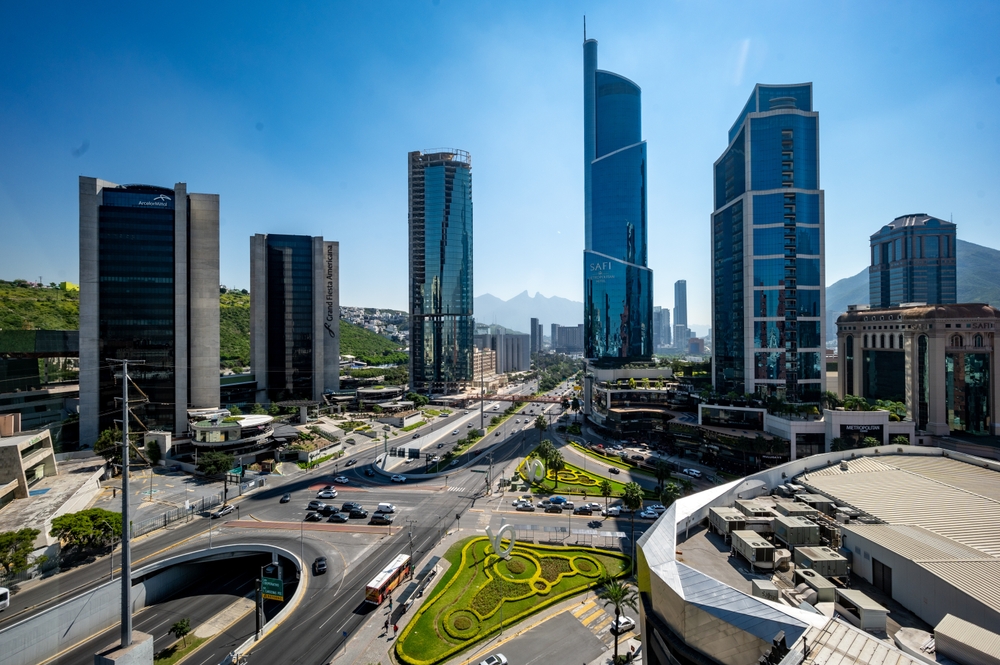Thousands of young people marched through Mexico City on Saturday, protesting corruption, violence, and government inaction. The demonstration spanned 52 cities nationwide and reached international solidarity in the United States, Canada, Germany, and the Netherlands. The protest turned chaotic in the Zócalo, injuring 20 civilians, more than 100 police officers, and resulting in about 20 arrests.
The movement gained momentum after the 1 November assassination of Uruapan mayor Carlos Manzo, who had repeatedly warned the federal government about organized crime in Michoacán. His murder became a rallying point for a generation frustrated with political corruption and institutional neglect.
The march united students, rural workers, community activists, and citizens across political lines. Many carried signs demanding justice, security, and reforms to protect future generations. Security officials confirmed the injuries and arrests and said authorities would continue identifying those responsible for criminal behavior.
Protest Escalates at the National Palace
The march remained peaceful until reaching the Zócalo, where a masked group called the “black bloc” attacked barriers protecting the National Palace. They struck fences with hammers and stones, prompting police to respond with tear gas and fire extinguishers.
Authorities treated 60 injured officers on-site and hospitalized 40 more, four requiring specialized care. Medical teams attended to 20 civilians injured in the chaos.
Detainees faced the Public Prosecutor’s Office on charges of violent behavior, while others faced administrative penalties. Investigators are analyzing footage to identify participants who damaged property or assaulted law enforcement.
President Claudia Sheinbaum called for peaceful demonstrations nationwide and denounced violence as counterproductive. She downplayed turnout, claiming few young people participated, despite thousands filling Mexico City streets.
Generation Z Calls for a New Political Era
Mexico’s Generation Z defines itself as civic, non-partisan, and independent. Their slogan emphasizes autonomy: “We are not left or right—we are citizens demanding accountability.”
On 14 November, the group released a 12-point platform emphasizing systemic reform, including:
- Citizen-led oversight of public spending to prevent corruption.
- Mechanisms for direct community input on local and national policies.
- Transparent processes for appointing public officials through civic councils.
- Rapid and impartial judicial review for crimes and civil disputes.
- Programs expanding education, apprenticeships, and job access for youth.
- Enhanced protections against housing displacement and gentrification.
- Non-partisan monitoring of elections, recalls, and leadership changes.
- Local security initiatives led by communities rather than militarized forces.
- Public consultation processes to adjust laws based on citizen input.
- Platforms for ethical leaders to advise government and civic projects.
- Support for marginalized groups and inclusion in decision-making.
- National campaigns to raise awareness of civic rights and responsibilities.
This movement mirrors youth protests worldwide in countries like Nepal, Mongolia, Paraguay, Peru, Bangladesh, Togo, Morocco, and Indonesia. Digital platforms such as TikTok, Instagram, and X allow young organizers to coordinate nationwide and international support without relying on traditional media.
The core issues remain global: dissatisfaction with political corruption, declining economic opportunities, social inequities, and government unresponsiveness. In some countries, youth protests have toppled governments or forced policy changes.
In Mexico, Generation Z demands not just reforms but a fundamental transformation in governance, emphasizing transparency, civic engagement, public safety, and empowerment for future generations.



